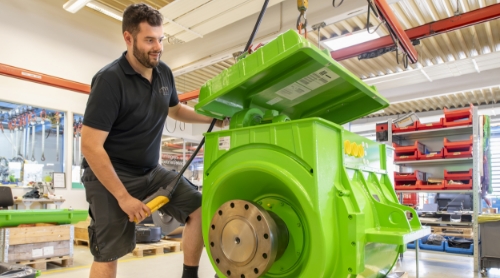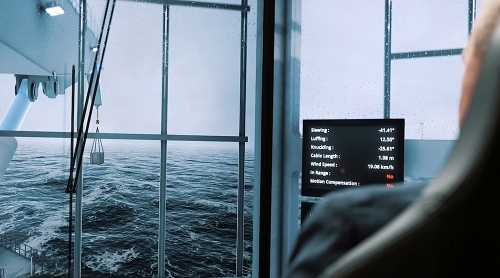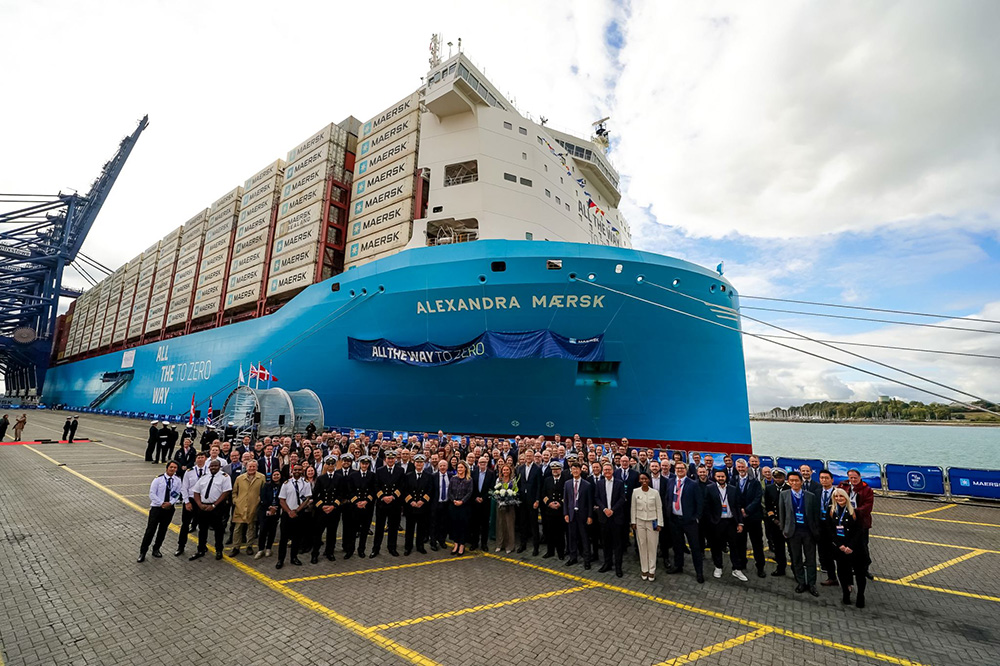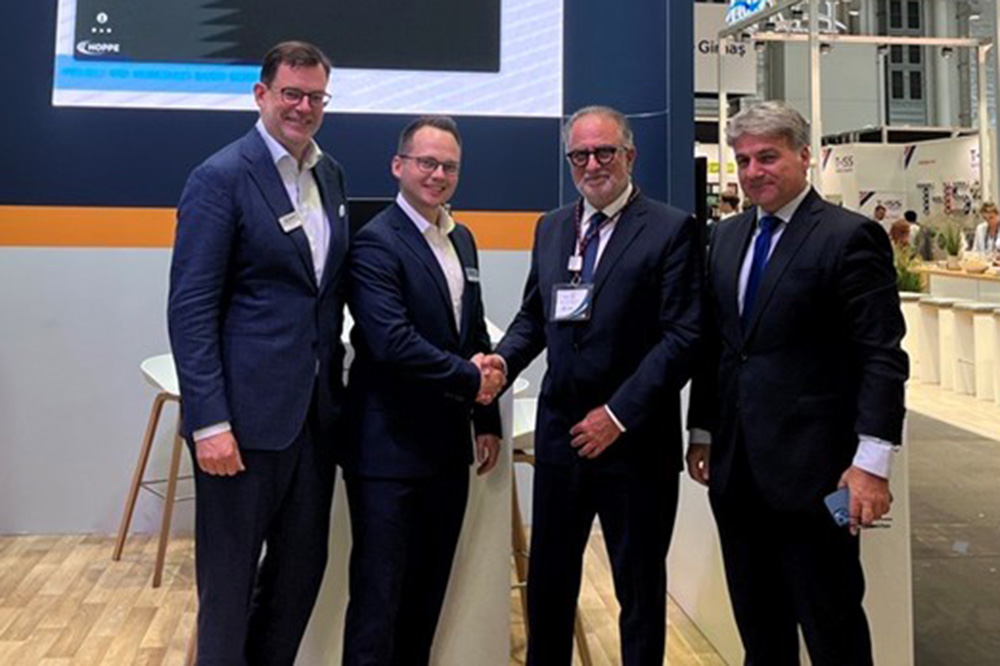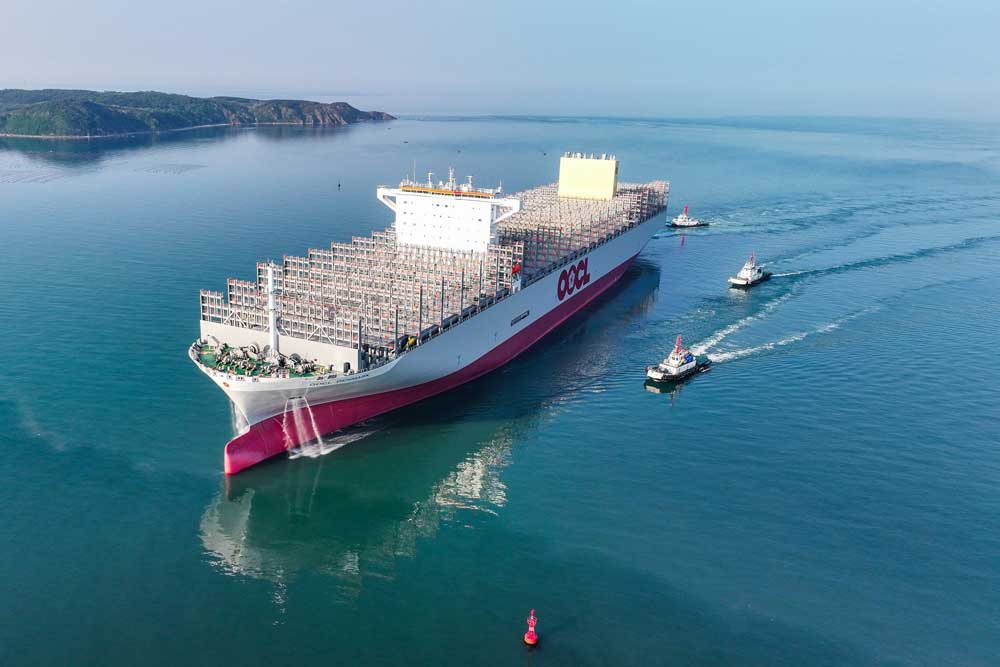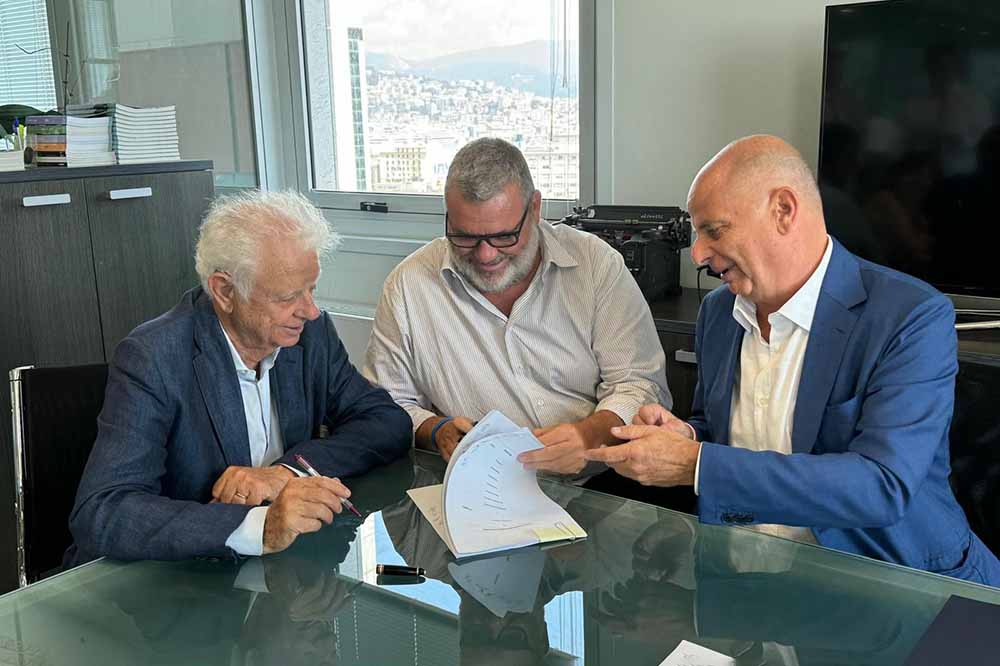The Maritime Cluster Northern Germany (MCN) has published revised guidelines for optimizing ship efficiency.
Ship efficiency is considered to be an enormously important building block for the “green” transformation of the industry[ds_preview].
In July 2023, the IMO’s Marine Environment Protection Committee (MEPC 80) adopted the IMO Strategy to Reduce Greenhouse Gas Emissions from Ships, which sets ambitious targets for limiting harmful emissions. This strategy marks a clear path towards climate-neutral shipping by 2050. Efficient ship operation is a decisive lever for greater environmental protection in shipping. For this reason, the Maritime Cluster Northern Germany (MCN), together with industry experts, developed a guideline for ship efficiency in 2022, an updated version of which is now available.
“We want to support shipping companies, ship operators and other maritime players in meeting the various requirements and making the right strategic decisions,” emphasizes Richard Marioth, Head of the MCN Ship Efficiency specialist group and Managing Director of Idealship.
According to a statement from the MCN, the aim of the guide is to provide an overview of existing regulations in international maritime shipping and to highlight technical options for improving ship efficiency that are relevant for both newbuilds and existing ships.
“The revised and newly published guide provides a clear overview of the impact of a variety of technologies on emission indices, ship efficiency and general ship operation. It provides an in-depth assessment of these aspects. In addition, we were able to provide rough price indications in most cases. Brief descriptions are included in the appendix to promote basic understanding,” said Marioth.
New features in the Ship Efficiency Guide
- A separate section on the EU Emissions Trading Scheme (ETS) has been included. From 1 January 2024, all ships over 5,000 gross tons calling at European ports will gradually be included in the ETS.
- A new chapter entitled “New training requirements” has been introduced, which focuses on the irreplaceable people in the shipping industry. It looks in particular at the training requirements of crews in connection with the use of new technologies and alternative fuels on board.
- The guide’s evaluation matrix shows decision-makers important technical approaches and measures to increase efficiency. This matrix has now been divided more clearly into three categories: “Operational measures”, “Periodic measures” and “Technical retrofits”. In addition, seven new technologies have been added to increase efficiency, including the Air Lubrication System, Frequency Inverter Retrofit and Gate Rudder.









